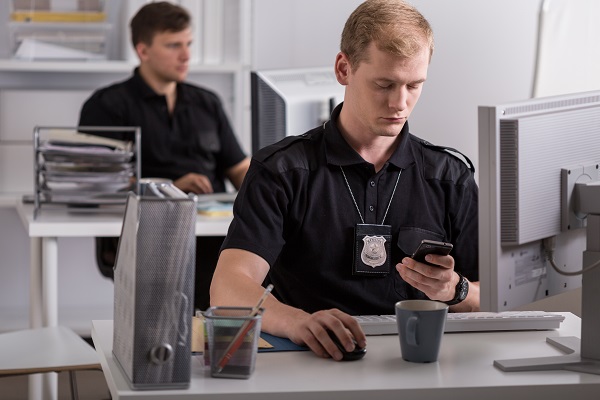The medical community recognized early that the threat of paperwork overload on doctors - and their patients – was great. They began to acknowledge and address burnout by turning to powerful documentation solutions to help return time back to doctors so that they could better care for patients. Law enforcement needs to do the same.
Paperwork burnout is not a new phenomenon. Recently, however, the impact of heavy documentation on increasing burnout is making headlines again. The healthcare industry, in fact, just declared burnout a crisis for physicians, which is not surprising considering that doctors can spend as much as half of their workday on clinical documentation. The same holds true for law enforcement.
According to a recent national survey of police departments across the country, a large majority of officers say they spend anywhere from 3-4 hours per shift on incident reporting. This time is spent completing paperwork at the station, filing reports in their patrol vehicles within computer-aided dispatch or records management systems or finishing up administrative tasks after hours. Like physicians, police officers are feeling the seismic shift of heavy reporting demands, which has turned their focus away from caring for people within their communities (the original purpose for getting into law enforcement) to spending hours on documentation.
The ripple effects of the paperwork burden on law enforcement are great. Incomplete and inaccurate reports can mean missed deadlines or stall criminal proceedings. Heads-down reporting in patrol vehicles leads to distractions and limits situational awareness, resulting in safety issues. Time spent on reporting and not patrolling the streets can impede community visibility and the overall administrative burden on officers’ compounds issues with burnout.
The medical community recognized early that the threat of paperwork overload on doctors – and their patients – was great. They began to acknowledge and address it by turning to powerful documentation solutions, with the goal of giving back doctors time so that they could better care for patients. Law enforcement needs to do the same.






